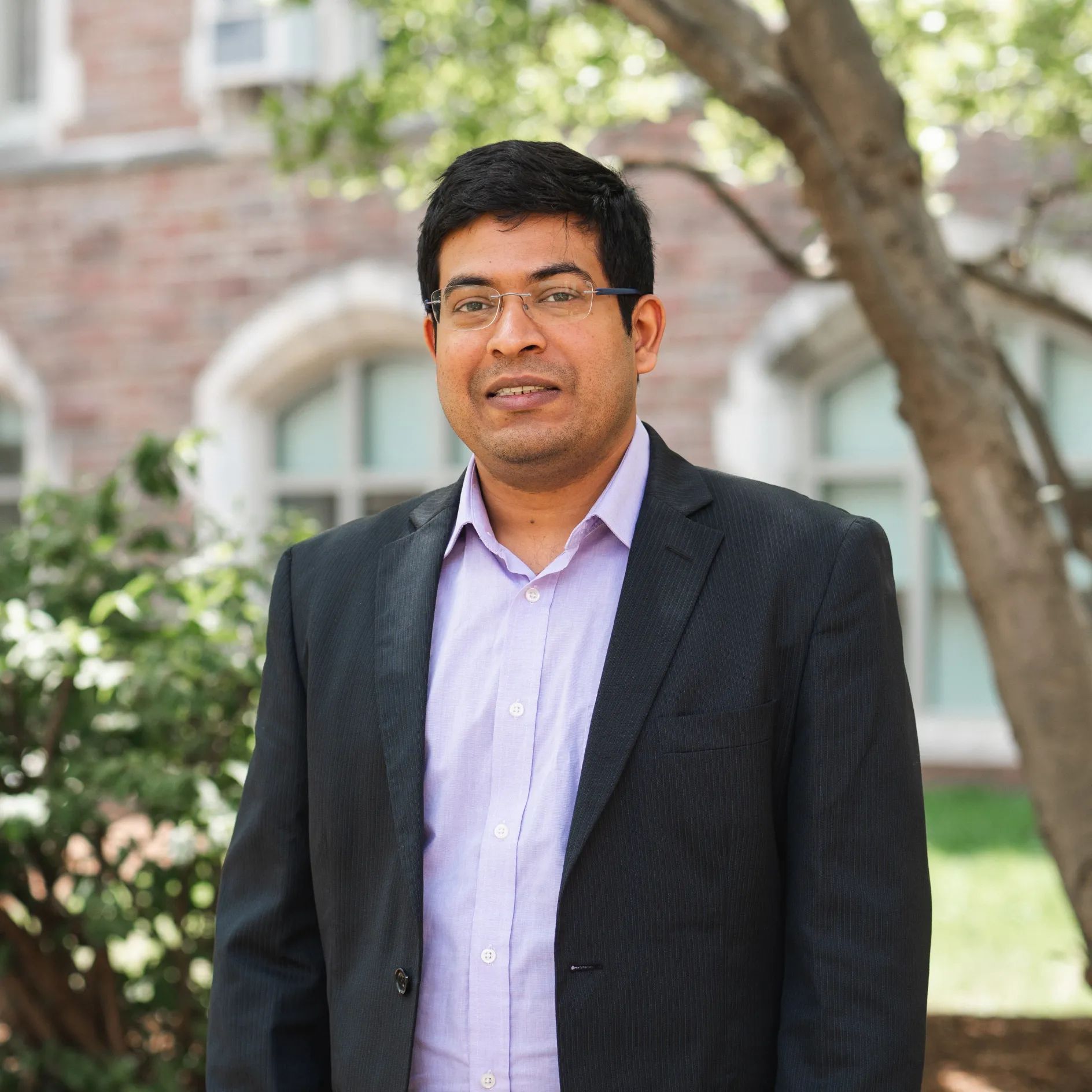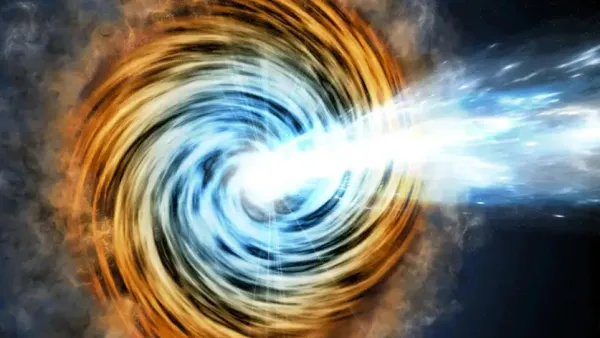Professor Dev's main research goal is to establish a clear and coherent picture of the new physics beyond the Standard Model of particle physics.
While the standard model has been remarkably successful in providing a quantitative, quantum mechanical description of the strong, weak and electromagnetic interactions among the basic building blocks of nature, it cannot be the ultimate theory of our universe. In particular, it fails to explain the observed non-zero neutrino masses, matter-antimatter asymmetry, dark matter and dark energy in the universe.
Dev’s research focuses on both theoretical and phenomenological aspects of the underlying new physics scenarios that could address these outstanding puzzles of our universe. They might also shed light on other theoretical or aesthetic limitations of the standard model, such as the radiative stability of the Higgs boson, gauge coupling unification, and flavor puzzle. Assuming that the scale of new physics might be within an experimentally accessible range, Dev is primarily interested in exploring testable consequences of new physics models at current and future experiments at multiple fundamental physics frontiers. He is also interested in exploring new interdisciplinary avenues for new physics searches, such as those involving multi-messenger astrophysics and nuclear physics.
Professional History
2023-present: Associate Professor at Washington University
2016-2023: Assistant Professor at Washington University
2015-2016: Postdoctoral Research Fellow, Max Planck Institute for Nuclear Physics, Heidelberg
2015: University Foundation Fellow, Technical University of Munich
2012-2015: Postdoctoral Fellow, Consortium for Fundamental Physics, University of Manchester
Honors and Awards
2022: URA Visiting Scholars Award, Universities Research Association
2020: Intensity Frontier Fellowship, Fermilab
2015: University Foundation Fellowship, Technical University of Munich
2006: Junior Research Fellowship, Government of India



